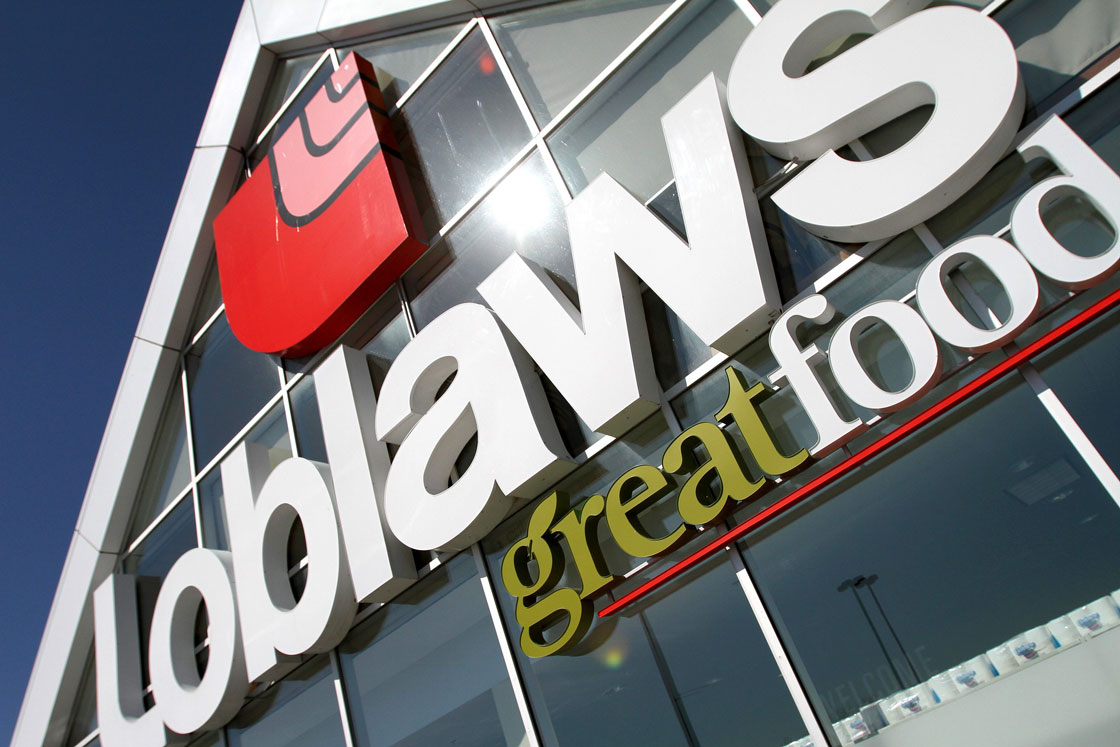Last week I attended the National Retail Federation’s Retail Big Show in New York (January 12 to 14) where industry leaders provided insights on where shopping and brands are heading.

With more than 30,000 people in attendance, the conference included demonstrations by leading technology and retail companies on how they are winning the race for customer loyalty. The underlining theme, and much of what was presented at the conference, focused on the evolving era of personalization. Personalization, the ability to tailor your offering to the unique needs of individual consumers – a historically elusive and difficult process – is now the next big evolution in retailing and marketing.
This is quite a revolutionary idea when you consider most brands are founded on the ability to deliver consistency, which in turn provides manufacturers and retailers with scale efficiencies in their manufacturing to gain greater margins. The idea of personalization for these brands is quite challenging. However, manufacturers and retailers are now able to convert their big data, all of those purchase behaviours and preferences that are tracked when you buy a product, into predictive programs that tailor offerings to each customer.
If a marketer’s dream of personalization is now a reality, what does this mean for consumers and brands? First, consumers will no longer be targeted as a mass audience. Product offerings, incentives and messaging will be targeted to consumers’ precise and exact purchase behaviours, tracked over many years by their retail purchases. An example of this is the new PC Plus loyalty program launched by Loblaws in 2013, which rewards customers for purchasing the various banners owned by Loblaws.
During a presentation by Peter Lewis, senior director of customer analytics and loyalty at Loblaw Companies Limited, Lewis discussed how the new PC Plus program allows the retailer to personalize incentives and rewards based on how each of its customers shop and purchase products in the store. No longer are the flyer coupons blanked to the mass market with few taking advantage of the offer. Mass marketing and communication is now being replaced by a curated incentive program that reminds you when your favourite peanut butter is running low and provides you with a coupon for a repeat purchase that shows up right on your smart phone so you don’t have to remind yourself to bring that coupon to the store. The PC Plus program will even give you a customized shopping list so you can properly plan your next visit to its store. This is especially important since only 30 per cent of all shoppers come to the store armed with a shopping list. PC Plus has been met with great success with members of the program showing year over year growth with more than 12 per cent increase in store visits and a 5 per cent increase in basket purchase size – two critical indicators that define success in the retail industry. Many other retailers, such as Safeway with its Just for U loyalty program, have also realized the benefit of personalization to build brand loyalty.
For manufacturers and brands, personalization programs are critical in closing the purchase loop and building loyalty amongst its most valued customers by offering them products and services that make their life easier. The challenge of leveraging personalization for manufacturers is the ability to own the data. With retailers owning the “at-purchase moment” and the big data generated by their loyalty programs, manufacturers will be forced to divert more of their advertising spend towards retailer trade deals. There used to be an old saying that whoever owns the customer’s heart owns the market. Now whoever owns the big data and converts it to personalization owns the customer.




Comments